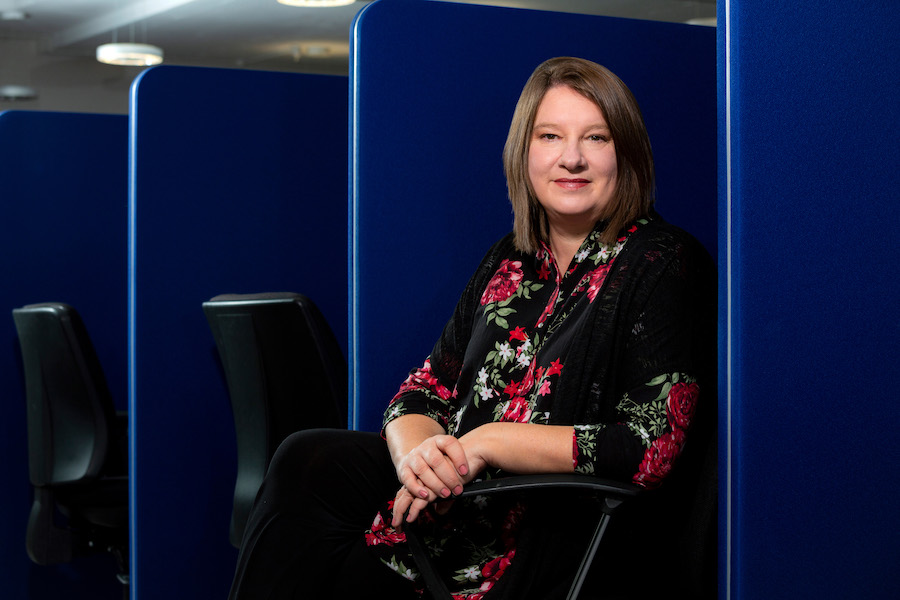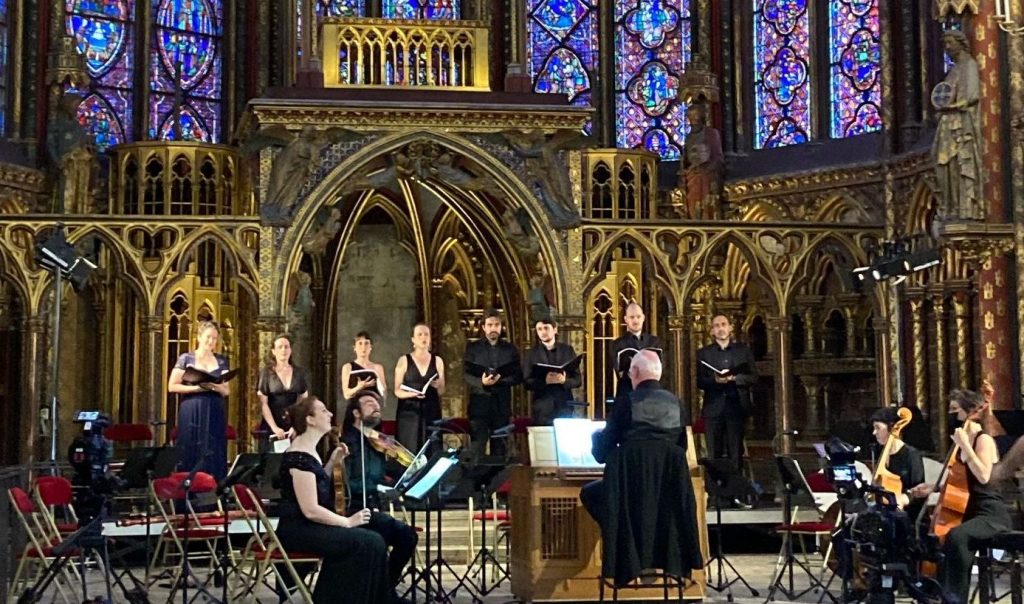
A new dawn: What will 2022 bring for fundraising?
January 12, 2022
Interview with Katie Docherty: Returning to my fundraising roots
February 9, 2022The key to attracting and retaining donors long-term is fostering a sense of partnership between them and your organisation, which can mean a change of approach. Rebecca Allaigre at the Fondation Les Arts Florissants in Paris examines how moving from budget-based to mission-centred fundraising can help nonprofits build these partnerships and achieve transformational change.
Many years ago, I accompanied an administrative leader of a nonprofit organisation to a prospect meeting. Rather than discuss the important work the organisation was doing, and the positive impact it was making, he only talked about how the organisation needed money. For nearly an hour, he presented the budgetary gaps, the projects that were in the red, along with all the projects that would not be possible without support. This administrator viewed fundraising as a means to meet the organisation’s budgetary needs and not as a tool of empowerment.
That meeting has stayed with me over the years, and as I have gained more experience in raising money, from annual gifts to major gifts to legacies, I have learned that to attract and retain donors over the long term, a nonprofit must view its relationship to fundraising through the lens of its mission and not through the lens of its budget. A fundraising coach once said, “Money is not why donors help, it is how they help.” And I believe that donors must become partners with an organisation, not only seen as a source of funds.
Taking a different view
But first, what does this mean? When we as fundraisers present our organisation – whether through a project, a campaign, or communications materials – the message should always be that donors can help further our mission. Fundraisers must move beyond focusing only on money and move towards creating a relationship between the organisation and the donor.
I came across the statement that when a nonprofit starts out, it is truly focused on meeting its mission, and with time, this message becomes diluted through an overabundance of projects and seeking support for those projects. I would counter that the opposite is true, at least in my experience. I began my career in fundraising at a veritable institution that, like most organisations, began as a project, which was to raise money to build a hospital for Americans in Paris. This meant a one-time gift from donors to make the project a reality.
By the time I joined, the organisation’s mission evolved to “provide medical excellence.” In every project, every mailing, every newsletter, the capital campaign – the message always came back to its mission: providing medical excellence.
- By contributing to the annual fund, donors help acquire the latest medical equipment, thus contributing to the best medical care available.
- By giving to help build a new building, donors help provide the best environment of care, a key factor in improved medical outcomes.
- By supporting medical exchanges with doctors and nurses in the U.S., donors ensure that the team has the best medical training, impacting the quality-of-care donors and their families receive.
One reason for the hospital’s success is that donors believe that it is THEIR hospital— any investment would be returned to them in the form of excellent medical care. They were partners, resulting in the organisation’s extraordinary fundraising success, over the long-term. Its annual renewal rate is around 85%, with more than 4000 individual donors, mostly local.
Later, I joined a much younger organisation which began as musical ensemble and has since evolved to a foundation dedicated to protecting and promoting French cultural heritage, whether tangible (restoration & gardens) or intangible (music). When the project began over 40 years ago, like the hospital, its fundraising goal was very simple: raise money to cover the costs of concerts and tours.

Les Arts Florissants rehearsing at the Sainte-Chapelle in Paris
The transition to mission-based fundraising
When transitioning to mission-based fundraising, we first developed a phrase for our annual fund brochure that encapsulated our mission: ‘Cultivate the spirit of baroque’, which touched upon music, gardens, education and visionary projects. We then implemented the broader goal of having ‘unrestricted donations’, especially for minor gifts.
Doing this not only helps an organisation remain agile, it also psychologically nudges donors to invest in the mission. Donor fatigue can result when a donor is asked to contribute, each year, to the same project, due to financial needs. Donors can think that the organisation is 1) not working to expand the number of donors and 2) that it is taking their support for granted. When donors begin to invest in the mission, however, rather than a specific project, it is much easier to ask them to give again next year. Because we can show them ALL that we have done, thanks to them.
I see in many organisations, even today, that any amount, even for the annual fund (unrestricted support by definition!) can be dedicated to a specific project, creating accounting difficulties and a lack of flexibility. To encourage unrestricted giving, we have set a minimum gift amount of €3000 that can be dedicated to one of four priority projects. Thanks to the implementation of online giving and several new campaigns, our number of donors has more than quadrupled in less than two years. Not a single gift received via our online platform has been restricted, and there have been no complaints.
Last year, we created our first publicly accessible annual report, presenting our mission on the very first page, followed by testimonies which introduced each section. The words and images of a musician, a craftsman, a teacher and a donor gave a human face to our various projects and reinforced donor connection to our organisation. The annual report was then used as a fundraising tool to request an additional (and unrestricted) donation from current donors. And it worked.
Donors already seem themselves as partners with our organisations. As we move from budget-based to mission-based fundraising, we will also begin seeing them as partners. Several weeks ago, I invited some of our donors to a concert rehearsal. One of them said to me “I feel like this organisation is my friend”. That sums up our goal: partnerships that lead to long-term, recurring support.
About Rebecca Allaigre

Rebecca Allaigre
Rebecca Allaigre, CFRE, is a senior fundraising executive with more than 20 years of experience across sectors, including education, health and culture. An American in Paris, Rebecca is committed to advancing philanthropy and to the continued professionalisation of fundraising. Rebecca is head of philanthropy at the Fondation Les Arts Florissants – William Christie, in France.
Photo by Nick Fewings on Unsplash




